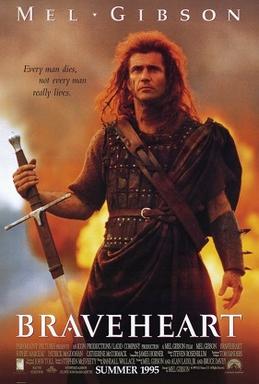Stryder50
Platinum Member
- Thread starter
- #21
Perhaps not the most "accurate" of war movies, but captures a theme common in many cases, and was rather amusing and sort of accurate in the details, etc. ...
... in fact, I and a couple buddies tried a few times to game this out in the board game/table top of "Squad Leader" ...
~~~~~~
Kelly's Heroes is a 1970, theatre of the absurd World War II film, in the vein of M*A*S*H and Catch 22, directed by Brian G. Hutton, about a group of American GIs who go AWOL to rob a Nazi bank of its gold. The film stars Clint Eastwood and Telly Savalas as straight men with Don Rickles, Carroll O'Connor, and Donald Sutherland providing the comic absurdity, with secondary, comic roles by Harry Dean Stanton, Gavin MacLeod, Karl-Otto Alberty and Stuart Margolin. The screenplay was written by British film and television writer Troy Kennedy Martin. The film was a US-Yugoslav co-production, filmed mainly in the Croatian village of Vižinada on the Istria peninsula.
....

 en.wikipedia.org
en.wikipedia.org
... in fact, I and a couple buddies tried a few times to game this out in the board game/table top of "Squad Leader" ...
~~~~~~
Kelly's Heroes is a 1970, theatre of the absurd World War II film, in the vein of M*A*S*H and Catch 22, directed by Brian G. Hutton, about a group of American GIs who go AWOL to rob a Nazi bank of its gold. The film stars Clint Eastwood and Telly Savalas as straight men with Don Rickles, Carroll O'Connor, and Donald Sutherland providing the comic absurdity, with secondary, comic roles by Harry Dean Stanton, Gavin MacLeod, Karl-Otto Alberty and Stuart Margolin. The screenplay was written by British film and television writer Troy Kennedy Martin. The film was a US-Yugoslav co-production, filmed mainly in the Croatian village of Vižinada on the Istria peninsula.
....













